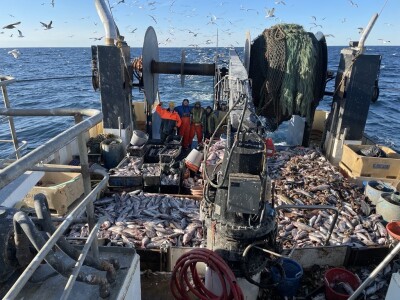LINABUAN SUR, the Philippines — When Eril Andrade left this small village, he was healthy and hoping to earn enough on a fishing boat on the high seas to replace his mother’s leaky roof.
Seven months later, his body was sent home in a wooden coffin: jet black from having been kept in a fish freezer aboard a ship for more than a month, missing an eye and his pancreas, and covered in cuts and bruises, which an autopsy report concluded had been inflicted before death.
“Sick and resting,” said a note taped to his body. Handwritten in Chinese by the ship’s captain, it stated only that Mr. Andrade, 31, had fallen ill in his sleep.
Mr. Andrade, who died in February 2011, and nearly a dozen other men in his village had been recruited by an illegal “manning agency,” tricked with false promises of double the actual wages and then sent to an apartment in Singapore, where they were locked up for weeks, according to interviews and affidavits taken by local prosecutors. While they waited to be deployed to Taiwanese tuna ships, several said, a gatekeeper demanded sex from them for assignments at sea.
Read the full story at the New York Times >>
Read more about sea slaves >>






